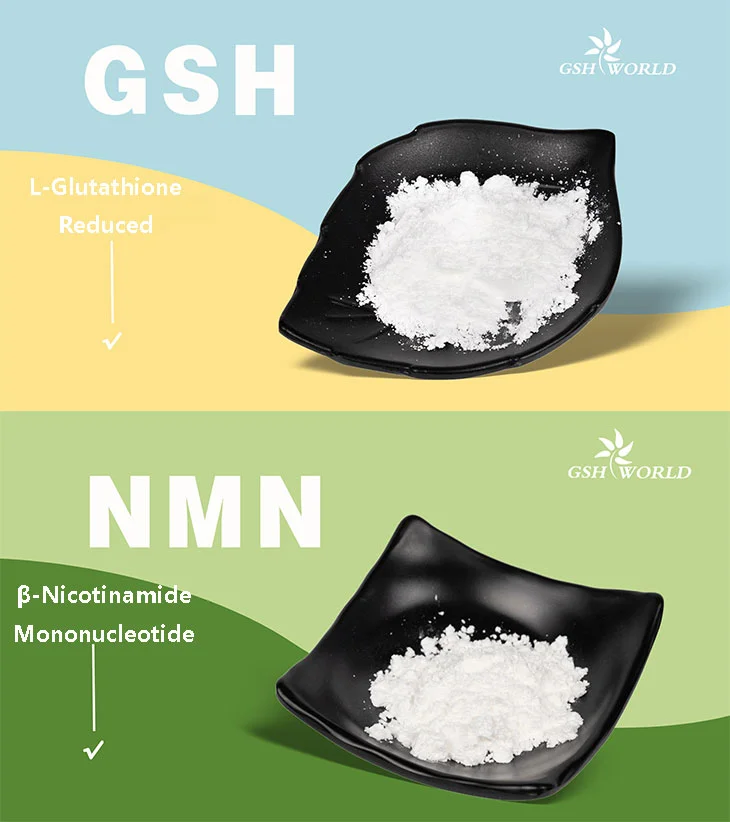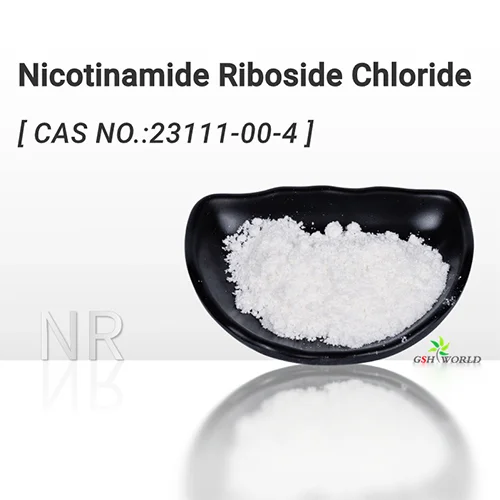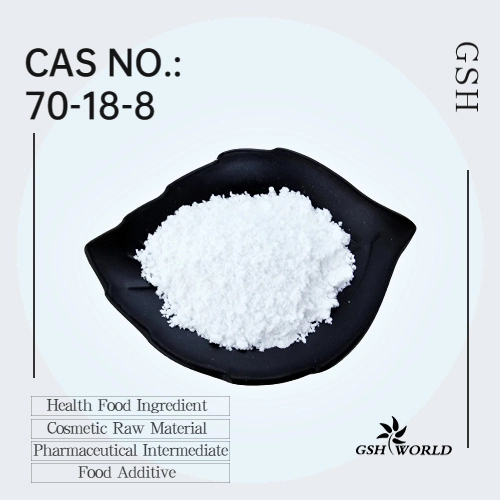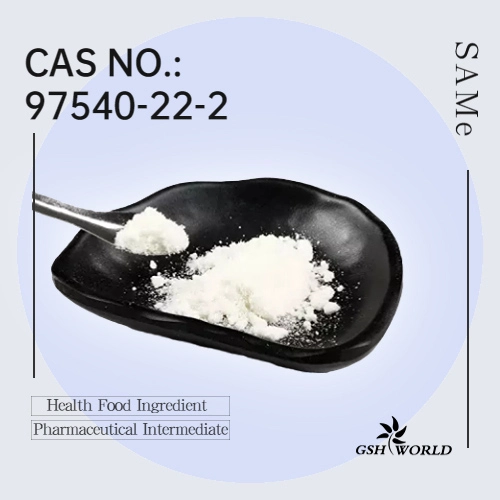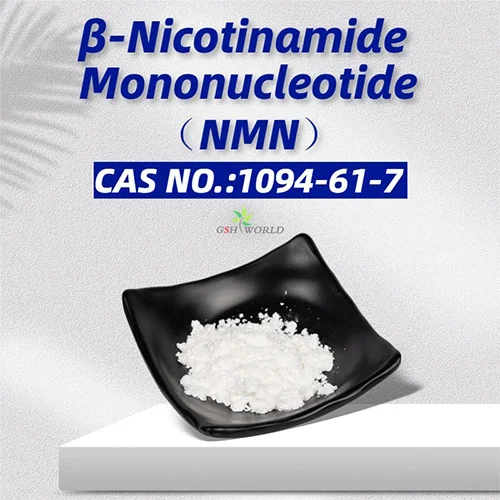Is NR effective for exercise?
Over the past decade of research, a wealth of data has established that macro- and micronutrients play a large role in exercise-induced cell signaling pathways that regulate skeletal muscle adaptation to exercise training.
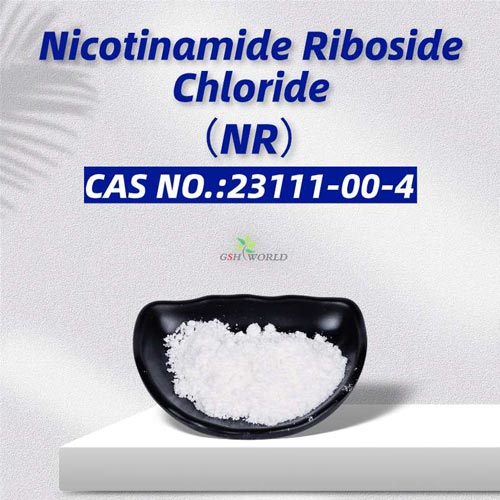
Therefore, scholars have begun to divide sports nutrition into "competition nutrition" and "training nutrition". The former focuses on the effect on game performance, while the latter focuses on the adaptation effect during training.
For example, in the context of endurance exercise, recent data suggest that reduced carbohydrate utilization (and potentially high fat utilization) enhances adaptations critical to endurance performance, including mitochondrial biogenesis, lipid oxidation, and Anti-fatigue ability.
Similar to these nutrients, many novel nutrients are emerging (although only studied in rodents) and play an important role in regulating the signaling pathways inherent in endurance training adaptations, such as (-)-e. Tea acid, nicotinamide riboside (NR), resveratrol, etc.
Niacin (vitamin B3) is a naturally occurring substance found in meat, poultry, fish, eggs, and green vegetables. Nicotinic acid is the collective name for nicotinic acid (NA) and nicotinic acid amide (NAM), and nicotinamide riboside is the pyridine-nucleoside form of nicotinic acid.
In addition to nicotinamide, it also contains related ribose sugars. key. Nicotinamide riboside has recently attracted attention because it is the direct precursor for the synthesis of nicotinamide adenine dinucleotide (NAD) in skeletal muscle through the nicotinamide nucleotide kinase pathway.
Carles et al. found that supplementing nicotinamide riboside in C2C12 myotubes increased the NAD content, and after feeding mice nicotinamide riboside (400 mg (kg/d)) for 1 week, the NAD content in their skeletal muscles increased slightly ( 5%).
Furthermore, they suggest that the metabolic effects of nicotinamide riboside are mediated through SIRT1, because the adaptive response of C2C12 myotubes to nicotinamide riboside supplementation is lost after SIRT1 siRNA-mediated knockdown.
It is worth mentioning that nicotinamide riboside alleviated the effects of high-fat feeding in mice for 8 weeks mainly by increasing energy expenditure and reducing cholesterol levels.
Similar to metabolic adaptation, mice supplemented with nicotinamide riboside also showed a 25% improvement in endurance and ability, as well as an increase in the ratio of mitochondrial to nuclear DNA and mitochondrial protein content.
Thus, nicotinamide riboside intake appears to alter skeletal muscle NAD content and, at the same time, increase skeletal muscle mitochondrial biogenesis through a SIRT1-dependent process.
Although this speculation has not yet been confirmed by research, we look forward to more research in the future to prove whether it is really effective.
Article source:
[1] Meng Xianglong. Research progress on the application of sports nutrition supplements [J]. Journal of Food Safety and Quality Inspection, 2019, 10(20): 6823-6828.DOI: 10.19812/j.cnki.jfsq11-5956/ts. 2019.20.019.
*Special note - This article is for informational purposes only and cannot replace a doctor's treatment diagnosis and advice. It should not be regarded as a recommendation or proof of efficacy of the medical products involved. If it involves disease diagnosis, treatment, and rehabilitation, please be sure to go to a professional medical institution to seek professional advice.
by GSHWORLD
GSHWORLD is China Biological API Manufacturer. China nicotinamide riboside Supplements powder suppliers & best nicotinamide riboside benefits raw material Factory.


